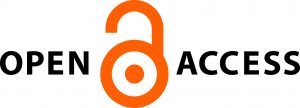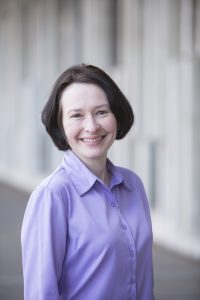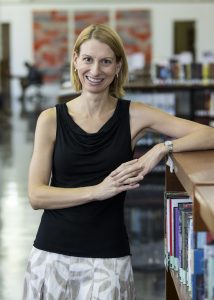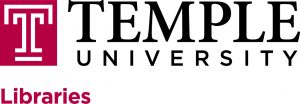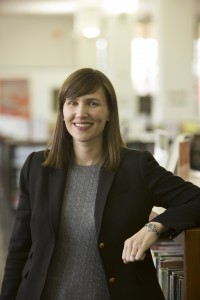In addition to the construction work visibly underway for Temple’s new 21st century library, Library staff are hard at work behind the scenes preparing Paley Library’s extensive collection for the move. One aspect of this work includes reviewing the collection to be sure each item is properly barcoded. This project began this Fall and is expected to continue well into next year.
In the midst of reviewing each item for the presence of a barcode, we are discovering a number of items that lack catalog records. Though these items represent a small percentage of the collection, they still present a significant challenge for the Libraries. We estimate that cataloging all the items likely to be discovered could conservatively take 3 to 4 years of uninterrupted work. Of course, this time-frame would stretch considerably longer due to the necessity of simultaneously maintaining routine cataloging activities. Given that most of the items being discovered are either duplicates of other Temple library holdings or are quite widely held by other libraries with whom Temple has robust lending agreements, it is not clear that the substantial investment of time, personnel, and space required to catalog and house these items is the best use of limited library resources.
In light of these considerations, the library administrative team has determined that a reasonable course of action is to conduct a review of these un-cataloged items, checking particularly to see 1) if a duplicate, cataloged copy is held by the Libraries, and 2) how widely the item is held by other, non-Temple, libraries. If other cataloged copies of the item are available from a Temple library, we are withdrawing the un-cataloged item. If the item is held by at least 75 other libraries in total and at least 3 Pennsylvania libraries, we are withdrawing the un-cataloged item. If the item is lightly held (defined as fewer than 75 total libraries and fewer than 3 Pennsylvania libraries), it is being kept for cataloging. Items flagged for withdrawal are also being given a final review by Special Collections Research Center staff for consideration as an addition to our special collections. Please note that the numeric holdings criteria being applied are quite conservative compared to research indicating that a much lower number of holdings suffices to safely guarantee the survival of lightly held items.
This process results in the following outcomes:
- Items that are lightly held and most at risk of disappearing from the scholarly record are retained and cataloged for the benefit of the Temple community and the broader scholarly community.
- We ensure that items withdrawn are readily available for loan via Temple’s strong network of partner libraries.
- The Libraries’ projected cataloging backlog is reduced to a level we expect will be more manageable given restraints of time, funds, and space.
If you have any questions or concerns related to this please feel free to contact Joe Lucia, Dean of Libraries, at joe.lucia@temple.edu.

